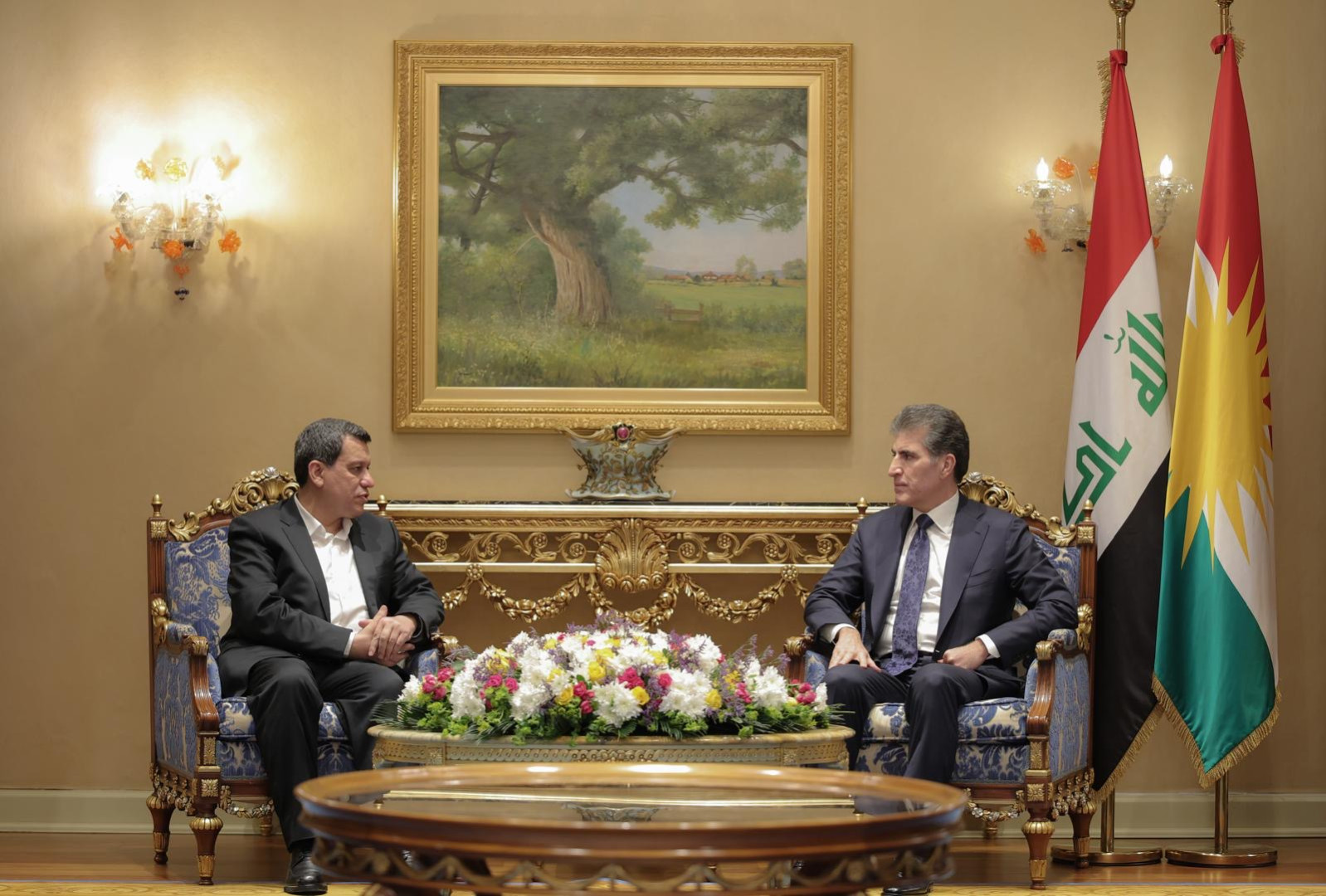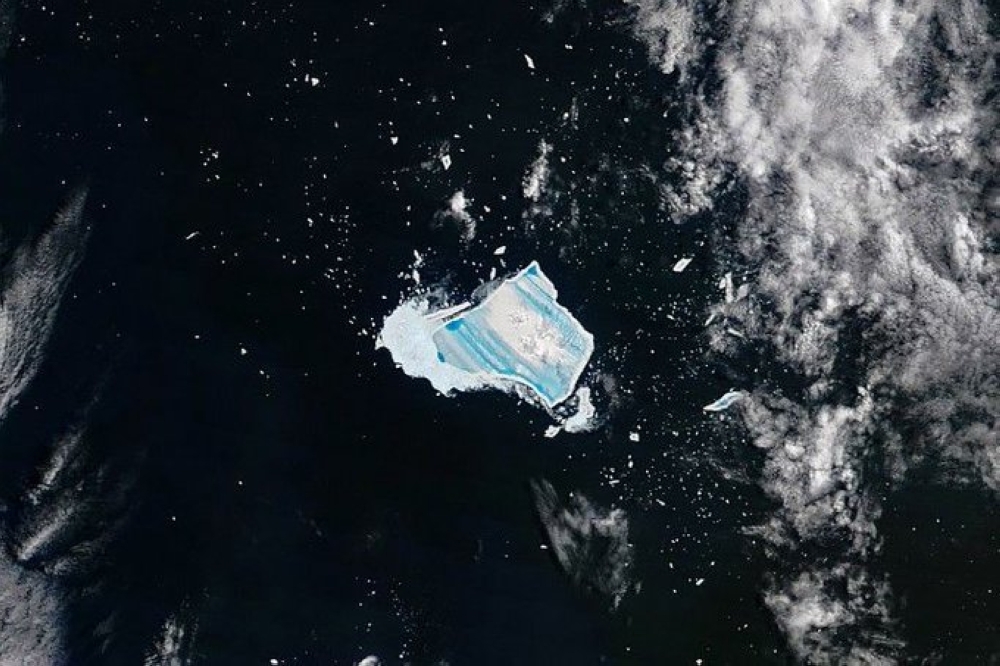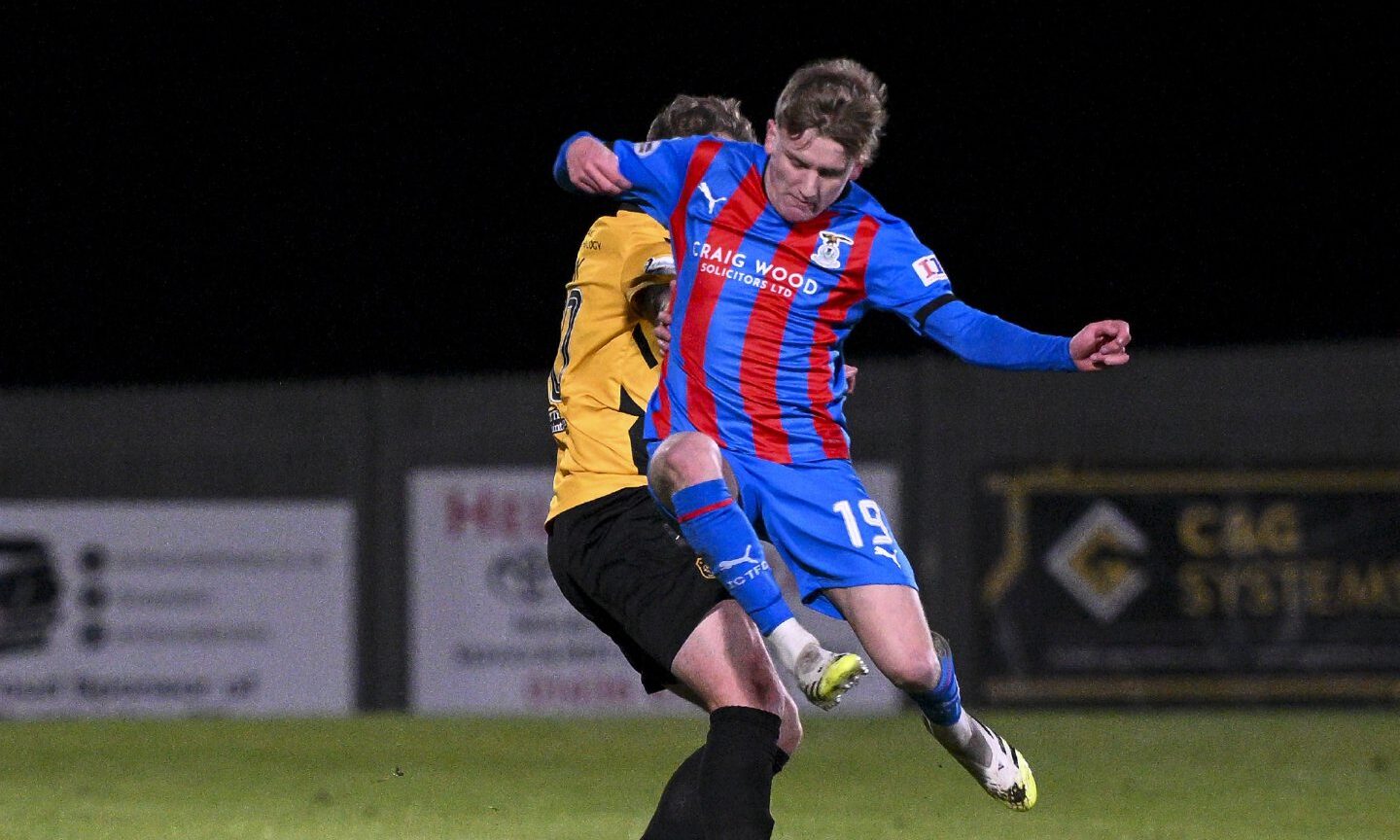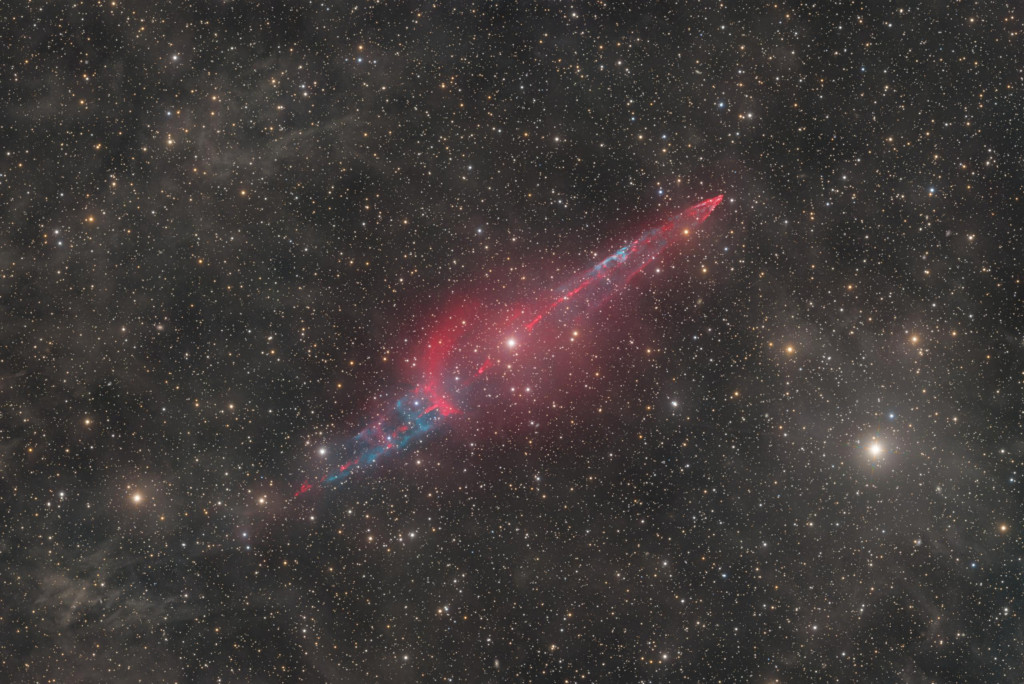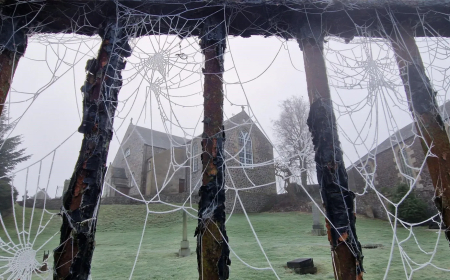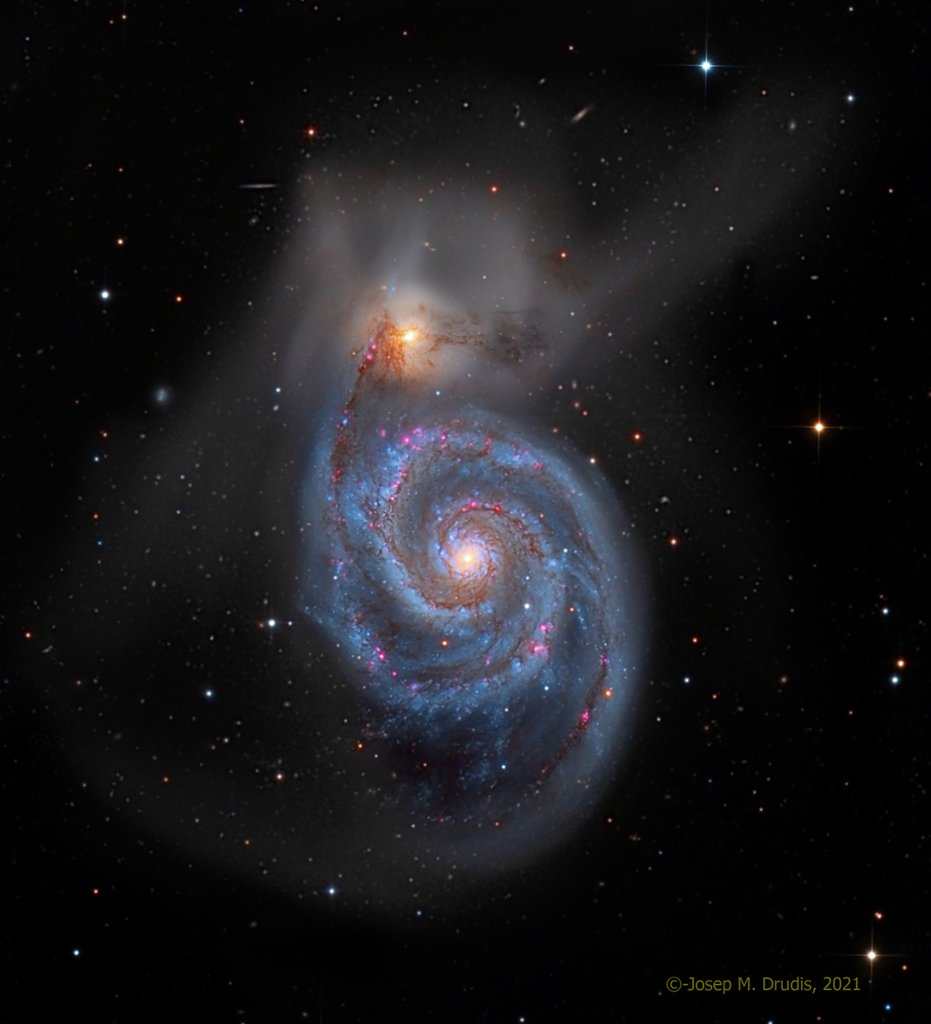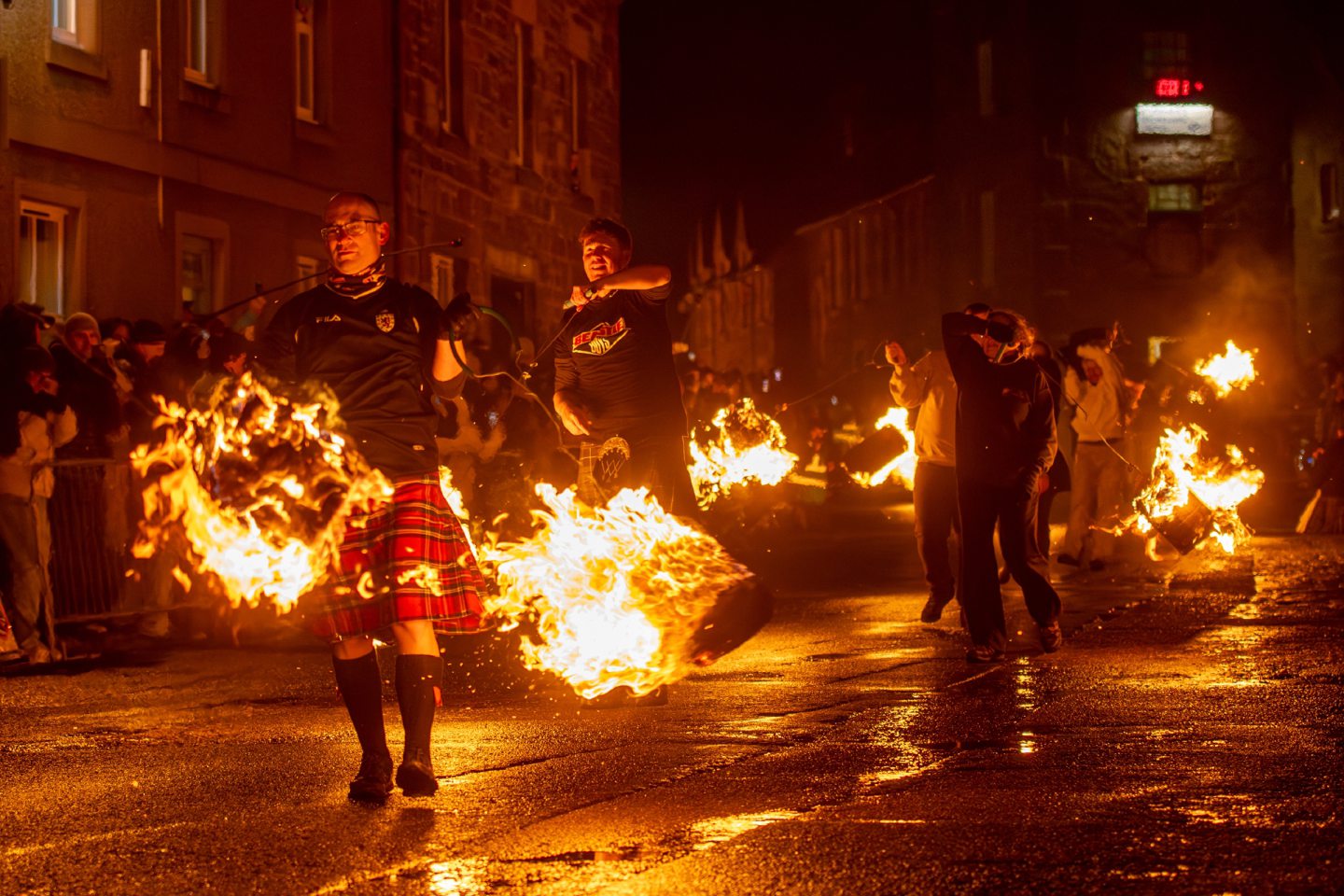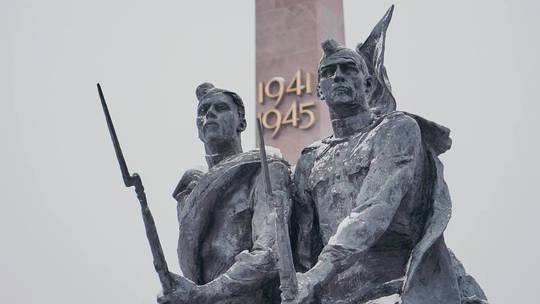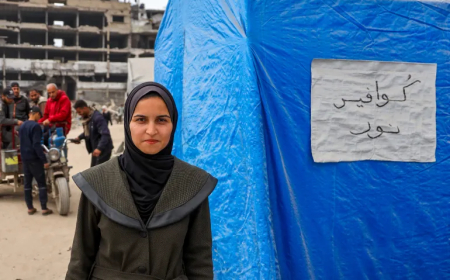37 years on, the wounds of Badinan Anfal for Kurds remain fresh

ERBIL, Kurdistan Region - Kurdish leaders on Sunday marked the 37th anniversary of the Badinan Anfal - the final and one of the most brutal phases of the Ba’athist regime’s systematic campaign to exterminate the Kurdish population.
In a statement, Kurdistan Region President Nechirvan Barzani described the Badinan Anfal as a campaign of “genocide, war crimes, and crimes against humanity” perpetrated by the former Ba’ath regime. He urged the Iraqi federal government to provide compensation for the victims, emphasizing that the atrocities of Anfal must serve as a "lesson to be learned" in order to safeguard the rights of the Kurdish people and all communities.
Kurdistan Region Prime Minister Masrour Barzani also paid tribute to the victims of the "heinous crime” committed by the toppled Ba’ath regime, underscoring the enduring pain of the genocide, which systematically targeted the Kurdish people. He further emphasized that remembrance must be coupled with “compensation of the victims of the Anfal genocide.”
Prime Minister Barzani concluded by honoring “the pure souls of the victims of the Anfal genocide and all the martyrs of Kurdistan.”
The Anfal campaign was a genocidal military operation executed in 1988 by toppled Iraqi dictator Saddam Hussein’s Ba’athist regime.
Spanning from February to September, the campaign featured a series of devastating offensives - including the use of chemical weapons, aerial bombardments, mass executions, and the destruction of over 4,000 villages. It is estimated that between 50,000 and 100,000 Kurdish civilians were killed.
The Badinan Anfal began on August 25, 1988, and primarily targeted the area now known as the Kurdistan Region’s northern Duhok province. Over the course of just 13 days, regime forces launched a wave of brutal violence across the region.
Records indicate that 13,553 individuals were arrested during this phase, including thousands of women and children. More than 5,000 civilians were executed in the field, while an estimated 60,000 were displaced, with 55,000 fleeing the violence entirely.
Iraq’s Federal Supreme Court has officially recognized the Anfal campaign as an act of genocide, as well as crimes against humanity and war crimes. Yet, survivors and victims’ families have received little in the way of compensation, and international recognition of the campaign as genocide remains limited.
Although the Iraqi Council of Representatives acknowledged the Anfal as a genocidal campaign in 2008 - and several of its key architects were brought to justice - the continued failure to locate and return the remains of victims from the Badinan phase remains a painful and unresolved chapter.
[Source: Rûdaw English]

